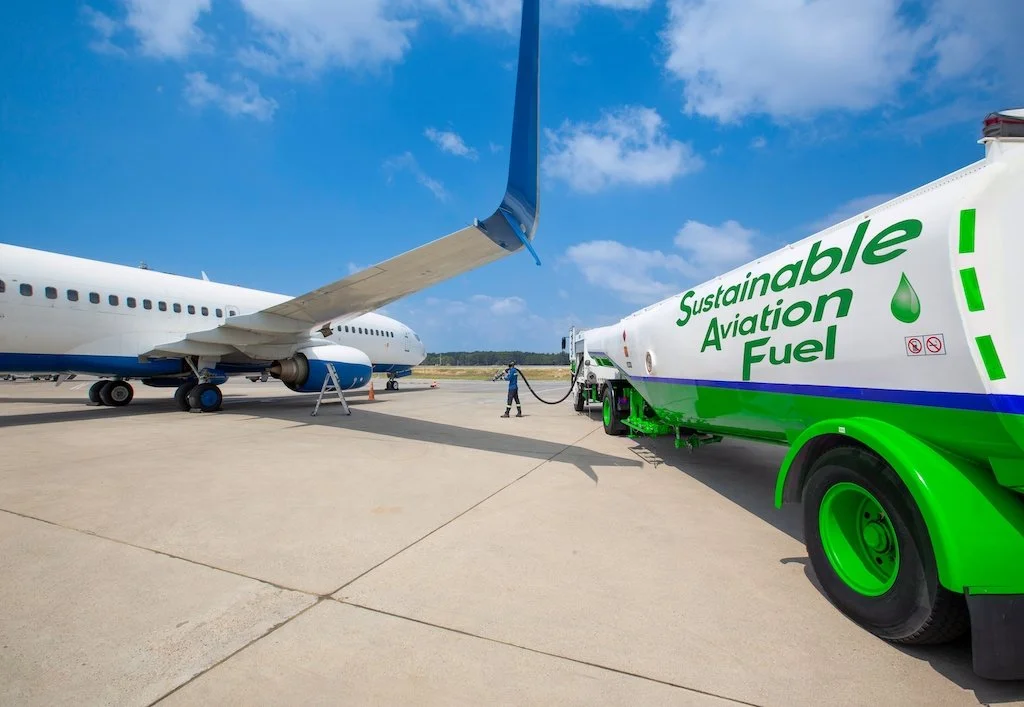Think tank says SAF impact will be minor and urges aviation to rethink approach to net zero
A new report from independent think tank Carbon Tracker urges the aviation sector to shift its zero-emissions focus towards battery-electric, hydrogen-electric, and hybrid-electric aircraft on short routes, warning that sustainable aviation fuel (SAF) will make only a minor impact this decade.
image: Shutterstock
The report, Fuel Disclosure: Sustainable. Abundant. Feasible – why SAF is unlikely to be all three at once, finds that even if all current and planned SAF projects operate at full capacity, they would supply just 5% of global jet fuel demand and meet less than half of expected growth in consumption by 2030.
While SAF remains part of the solution, Carbon Tracker warns that treating it as the primary fix risks misdirecting capital and exhausting limited feedstocks without significantly reducing fossil jet use.
With nearly half of all flights under 500 km, the think tank argues for a balanced strategy—accelerating zero-emission aircraft for short-haul routes while reserving SAF for long-haul flights. Battery-electric and hybrid-electric aircraft carrying 5–100 passengers are nearing commercial readiness, while hydrogen-electric aircraft could serve medium-haul routes from the mid-2030s.
The report identifies seven structural hurdles to scaling SAF, including high costs, regulatory fragmentation, weak bankability, and limited sustainable feedstock.
Lead author Saidrasul Ashrafkhanov said, “These fuels may some day have a larger role in decarbonising aviation, but the burden of proof is on the industry to show that it can find a pathway that will deliver alternative jet fuel that’s at once sustainable, abundant, and feasible.”


